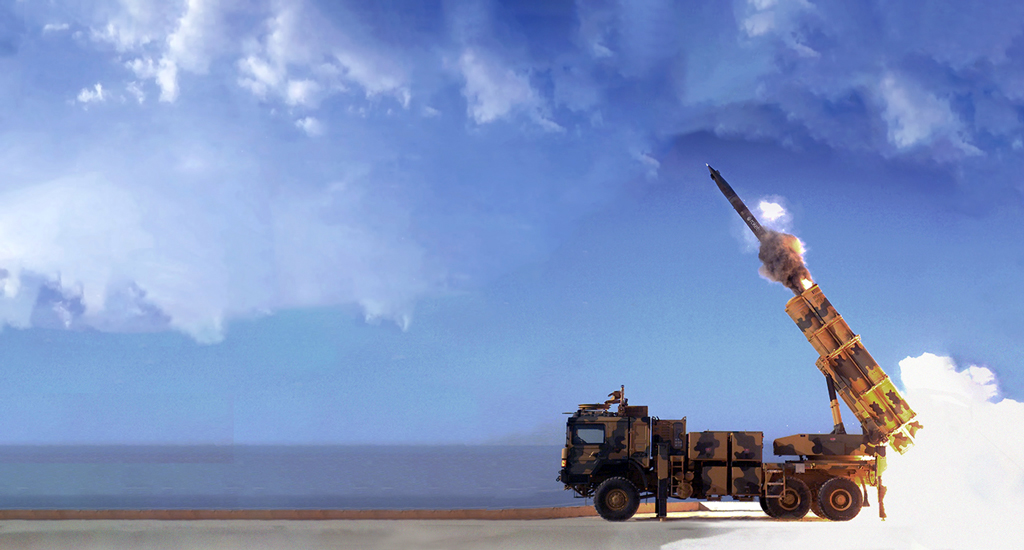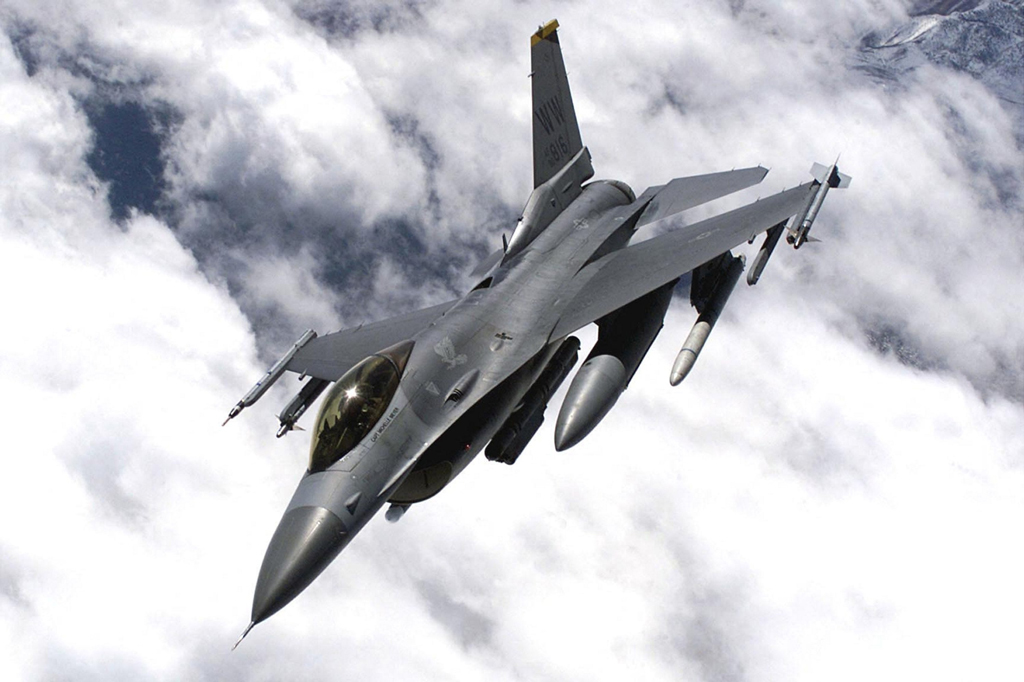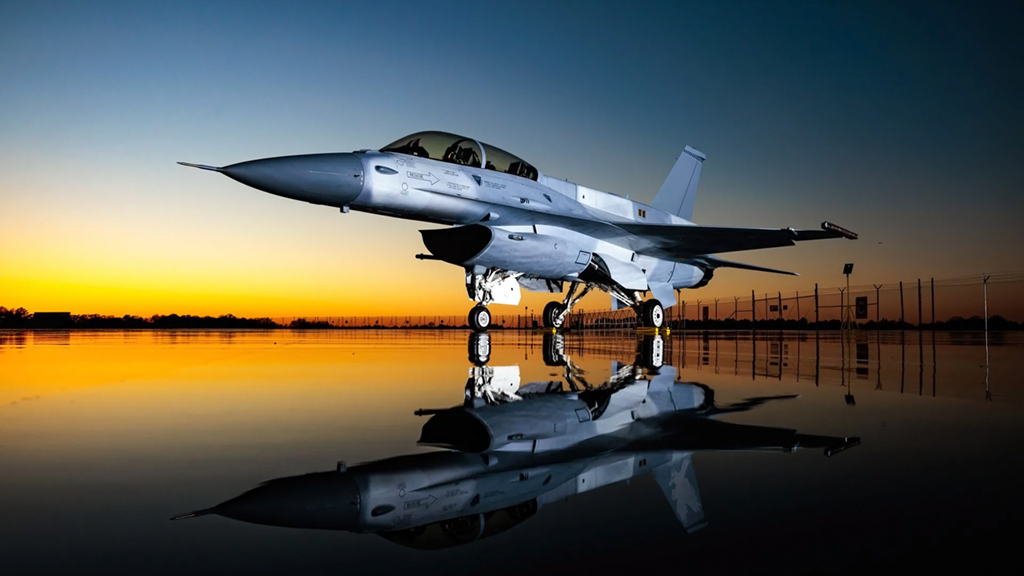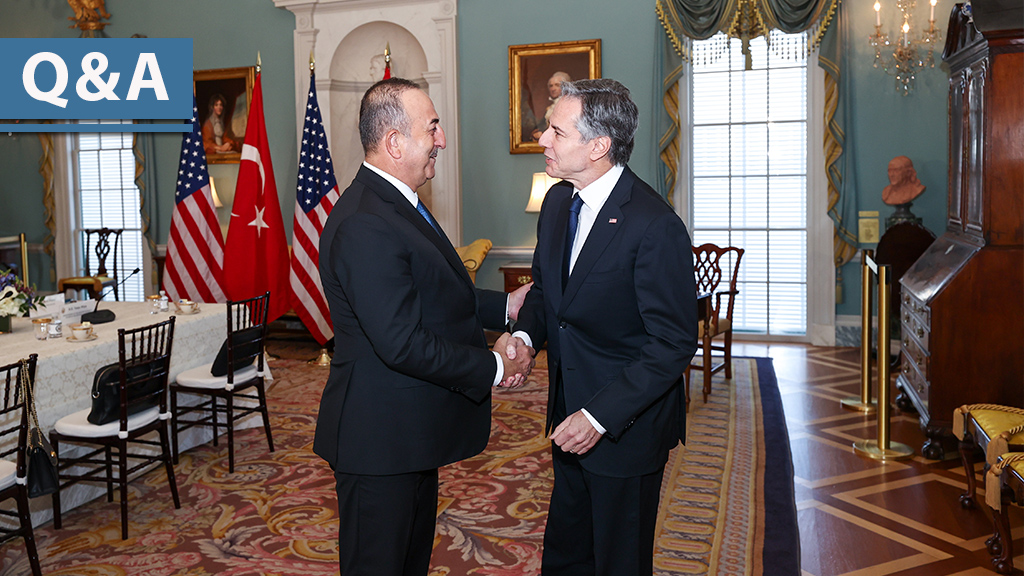The European Sky Shield Initiative (ESSI), spearheaded by Germany, represents a transformative effort in the realm of European defense, aiming to create an integrated and effective missile defense system. Launched in October 2022 in response to escalating security threats, particularly from Russia, the ESSI seeks to bolster NATO’s Integrated Air and Missile Defense System (NATINAMDS). While its strategic imperatives and geopolitical ramifications are widely acknowledged, the initiative is also marred by technical, political and financial challenges. Türkiye’s recent participation enhances the initiative by adding strategic depth, creating new opportunities and fostering greater collaboration.
At its core, the ESSI aims to enhance Europe’s ability to counter evolving missile threats, particularly from adversarial powers such as Russia. The initiative focuses on developing a robust, multilayered defense architecture capable of detecting, tracking and neutralizing various missile threats, including ballistic, cruise and hypersonic missiles. Given the vulnerabilities exposed during the Russia-Ukraine conflict, a comprehensive and coordinated missile defense system is not just desirable but necessary. The war has underscored the reality that modern conflicts involve sustained missile barrages, which can be highly destructive if met with inadequate defenses.
However, integrating disparate national defense systems into a cohesive, NATO-aligned structure remains a formidable challenge. Countries such as Germany and Sweden possess sophisticated air defense architectures, while others, notably the Baltic states, lack sufficient medium – and long-range systems. Failure to bridge these capability gaps could severely undermine ESSI’s overall effectiveness.
Geopolitical, political obstacles
ESSI has seen the inclusion of a broad spectrum of European nations, with the recent participation of Türkiye and Greece standing out as particularly noteworthy. Türkiye’s role in the initiative is geopolitically significant, given its strategic location at the intersection of Europe, Asia and the Middle East. Its membership signals a potential recalibration of Ankara’s relationships with NATO and the European Union, as well as an opportunity to mend strained defense relations with the U.S.
Yet, ESSI faces political friction, particularly concerning its reliance on non-European defense technologies. France, for instance, has voiced concerns that Germany’s leadership in ESSI, alongside its preference for U.S. and Israeli defense systems, may weaken European defense autonomy. This intra-European discord raises pertinent questions about whether ESSI can function as a truly pan-European initiative rather than a German-led endeavor.
Beyond political frictions, ESSI confronts substantial financial challenges. The acquisition and integration of advanced air defense systems entail significant expenditures, which may prove particularly burdensome for smaller nations. Without a well-defined cost-sharing framework, economically weaker member states could struggle to fulfill their commitments. Given the high cost of air defense technology, sustaining the initiative in the long term requires robust financial coordination, a challenge that remains largely unresolved.
Germany’s leadership in ESSI has also been criticized by France and Italy, which argue that Berlin has not adequately accounted for their strategic priorities. The reliance on American and Israeli technology further exacerbates tensions, as it clashes with efforts to establish a fully European defense-industrial base. For ESSI to succeed, it must reconcile these competing interests and establish a model that balances national defense autonomy with the imperatives of collective security.
Lessons from Ukraine
The Russia-Ukraine war has provided invaluable lessons in air defense strategy. Recently, Russia introduced and launched the Oreshnik medium-range ballistic missile (MRBM) in a strike on a site in Dnipro, reportedly associated with Ukraine's long-range missile capabilities. This presents a major obstacle for current missile defense systems such as Patriot and THAAD, as it is engineered to evade interception through its high velocity and agility. The use of the Oreshnik signifies a significant intensification of the conflict, highlighting Russia’s capability to deploy cutting-edge hypersonic technology to challenge Western-provided weaponry and NATO defense mechanisms. On the other hand, Ukraine’s gradual buildup of air defense capabilities throughout the war has underscored the importance of equipping nations with comprehensive systems from the outset rather than relying on incremental improvements.
ESSI must take heed of this lesson and ensure that its member states adopt an integrated, multitiered defense framework. This approach should encompass very short, short, medium and long-range air defense systems to counter threats at various stages of engagement.
Türkiye’s air defense
Türkiye’s inclusion in ESSI presents new opportunities. Strategically positioned as NATO’s southeastern flank, Türkiye offers critical early warning and rapid response capabilities against missile threats emanating from volatile regions such as the Middle East and the Caucasus. While ESSI primarily focuses on Russian threats, Türkiye’s regional coverage enhances its strategic relevance within the alliance.
Moreover, Türkiye has made significant strides in developing indigenous air defense systems. Flagship projects like the HISAR-A, HISAR-O and SIPER systems showcase its capacity to produce sophisticated air defense solutions. The SIPER Block-1 system, with a range exceeding 100 kilometers (62 miles) and future iterations reaching up to 180 kilometers, demonstrates Türkiye’s ability to contribute to Europe’s medium- and long-range air defense capabilities. The Çelik Kubbe ("Steel Dome") system, a fully integrated command-and-control architecture, further underscores Türkiye’s potential to enhance ESSI’s modernization efforts.
Additionally, Türkiye’s operational experience in navigating complex security challenges renders it a valuable strategic partner. Its military has extensive expertise in countering asymmetric threats, including UAVs and cruise missiles. Integrating this operational know-how within ESSI could significantly bolster the initiative’s overall resilience. Furthermore, Türkiye’s defense sector plays a pivotal role by supplying advanced equipment, maintaining a strong manufacturing base, and leveraging a skilled and energetic workforce across both white- and blue-collar roles. These factors work together to tackle Europe’s pressing supply chain issues while injecting renewed energy and strategic resilience into the region’s industrial and production landscape.
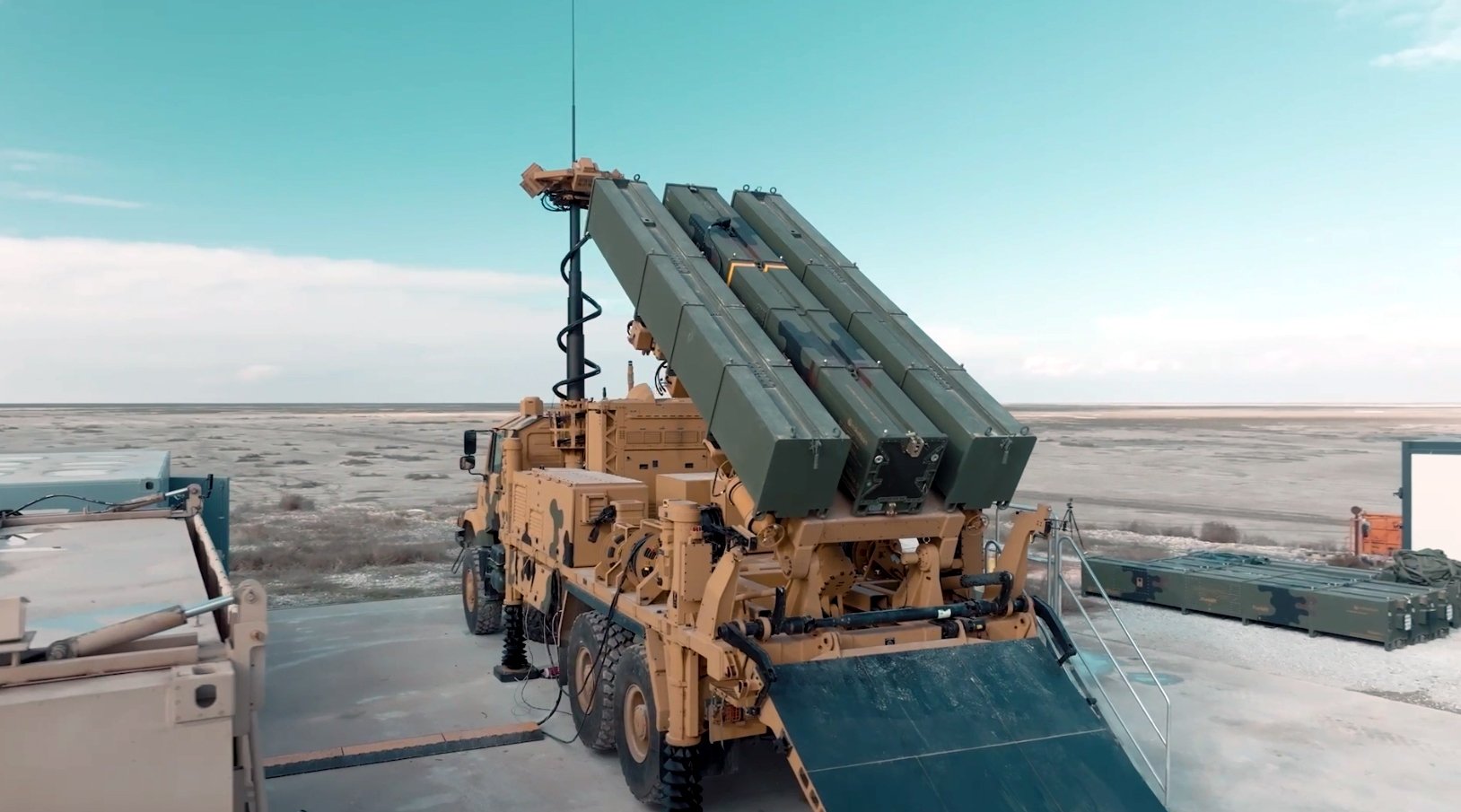
Criticisms to Türkiye’s role
Despite these advantages, Türkiye’s membership in ESSI has sparked criticism, primarily due to its delicate relationship with Russia. Ankara’s purchase of the Russian S-400 missile defense system remains a contentious issue within NATO. Critics argue that this acquisition compromises NATO’s security infrastructure and raises concerns about potential Russian influence over Turkish defense policy. Although Türkiye’s inclusion in ESSI signals a realignment toward NATO, skepticism remains regarding its long-term strategic intentions.
Moreover, diplomatic tensions between Türkiye and other ESSI members, such as Greece, could complicate cooperation within the initiative. While such challenges are not unique to ESSI – similar issues exist within NATO – they underscore the broader difficulty of aligning national priorities under a unified European defense framework.
The European Sky Shield Initiative represents a bold step toward fortifying Europe against modern missile threats. However, its success hinges on overcoming political discord, technological integration challenges, and financial constraints. Türkiye’s participation adds both new opportunities and greater collaboration. While Ankara’s indigenous defense capabilities and operational expertise make it a valuable partner, its geopolitical balancing act between NATO and Russia remains a point of contention.
If the hurdles can be addressed, ESSI has the potential to transform European air and missile defense infrastructure. It would offer a formidable deterrent and a symbol of collective security in an increasingly volatile geopolitical landscape.

